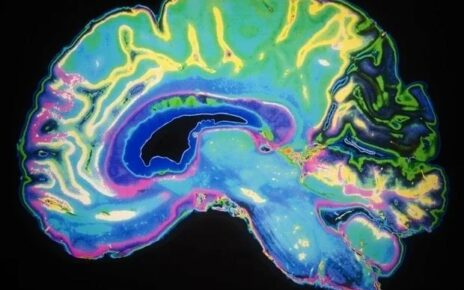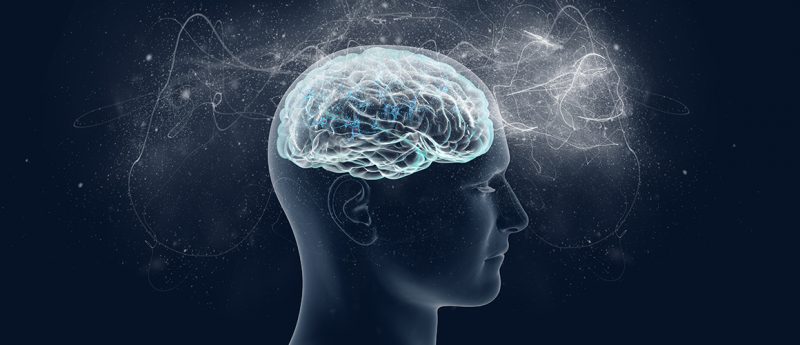Doing short bouts of exercises was constantly viewed as healthy for the body. An ongoing report study recommended that it can improve individuals’ brain function and make them smarter.
As part of the research, which was published online in the journal, ‘eLIFE.’, neuroscientists at OHSU in Portland, Oregon, working with mice, found that a short burst of exercise directly supports the function of a gene that builds connections between neurons in the hippocampus, the region of the cerebrum related with learning and memory.
Gary Westbrook, co-creator of the research stated, “Exercise is cheap, and you don’t necessarily need a fancy gym membership or have to run 10 miles a day.”
The past researches about on creatures and individuals demonstrate that regular exercise advances general cerebrum health. However, it’s difficult to clarify the overall advantages of exercise to the heart, liver and muscles from the particular impact on the brain. For instance, a healthy heart oxygenates the entire body, including the brain.
“Previous studies of exercise almost all focus on sustained exercise,” Westbrook said.
“As neuroscientists, it’s not that we don’t care about the benefits on the heart and muscles but we wanted to know the brain-specific benefit of exercise,” he included.
Researchers planned an investigation on mice that explicitly measured the cerebrum’s reaction to single bouts of exercise in otherwise sedentary mice that were set for brief periods on running wheels. The mice ran a few kilometers in two hours.
The investigation found that short-term bouts of exercise – what could be compared to a week by week game of pickup basketball, or 4,000 steps – advanced an expansion in synapses in the hippocampus. Researchers made the key discovery by examining genes that were expanded in single neurons activated during exercise.
A specific gene Mtss1L which emerged from the investigation encodes a protein that causes bending of the cell membrane. Analysts found that when this gene is activated by short bursts of exercise, it advances little developments on neurons known as dendritic spines – the site at which synapses form.




